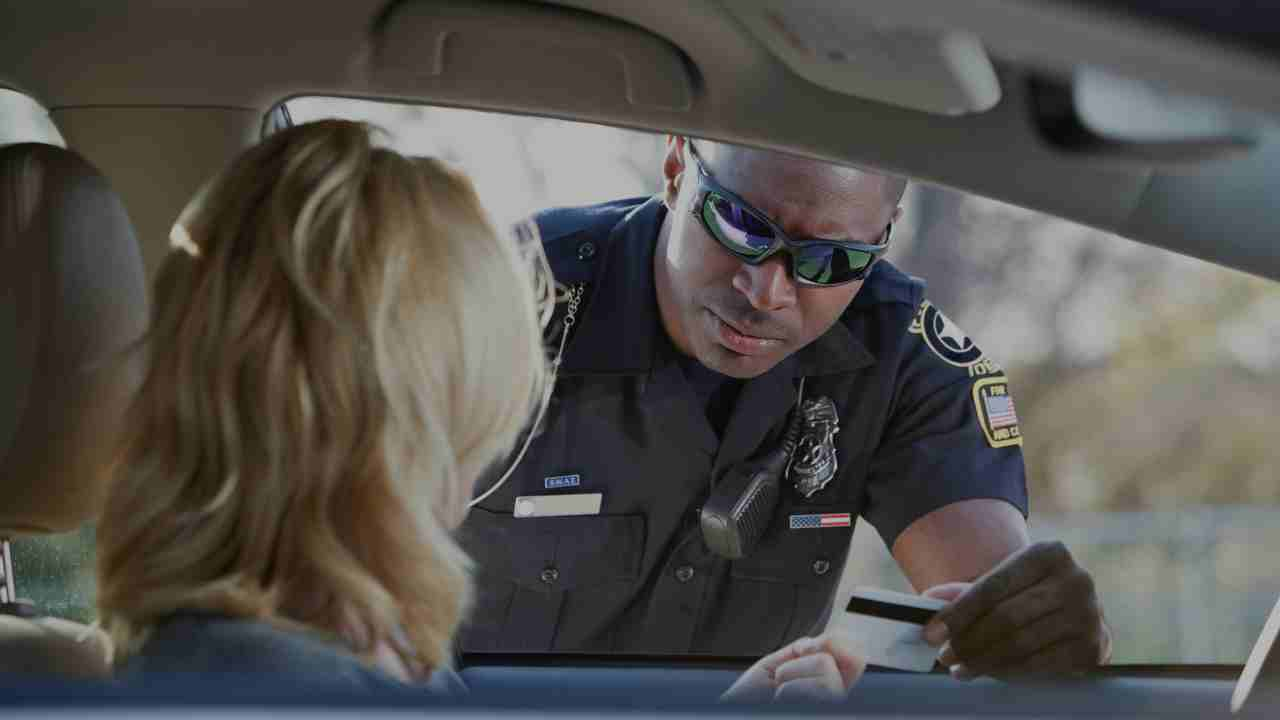Los Angeles, CA – If you’re pulled over in California, you might wonder: Can police search my phone during a traffic stop? The short answer is no—not without your consent or a warrant, and that protection is grounded in both state and federal law.
Your Rights Under the Fourth Amendment
The Fourth Amendment of the U.S. Constitution protects you from unreasonable searches and seizures. In the digital age, this includes the data stored on your smartphone—everything from photos and texts to emails and GPS history.
This constitutional safeguard was reinforced in Riley v. California (2014), a landmark U.S. Supreme Court ruling that declared police must obtain a warrant before searching the digital contents of a phone seized during an arrest. The court recognized that phones carry a vast amount of personal data and thus deserve heightened privacy protections.
What Happens During a Routine Traffic Stop?
During a typical California traffic stop, law enforcement cannot automatically search your phone. Even if you’re arrested for a traffic violation, police are not allowed to browse through your digital files without following strict legal procedures.
Unless they have a search warrant, police need either your voluntary consent or must prove an exigent circumstance applies. If neither condition is met, any phone search they conduct would be considered illegal and could result in any evidence being excluded from court.
What If You Consent?
Consent is one of the biggest exceptions. If you voluntarily let the police search your phone, they legally can—and anything they find can be used against you. But consent must be given freely, not under pressure. If you wish to protect your rights, it’s crucial to politely decline and state clearly that you do not consent to a phone search.
The Exigent Circumstances Exception
Police may also bypass a warrant under “exigent circumstances”—for instance, if they believe a phone contains evidence of an imminent threat, ongoing crime, or danger to someone’s life.
However, these scenarios are rare during traffic stops, and courts closely examine whether such claims were valid. For example, if officers suspect that someone’s in immediate danger and believe that a suspect’s phone holds life-saving info, a search may be justified—but again, that’s the exception, not the rule.
Read Also: Can Oregon Police Search Your Phone During a Traffic Stop? Know Your Rights
Special Rules for People on Parole or Probation
If you’re on parole or probation, the situation may be different. Many such individuals agree to warrantless searches as part of their terms of release. In these cases, police can search your phone—but for the general public, those conditions don’t apply.
Can They Take Your Phone?
Police may seize your phone if they have probable cause to believe it contains evidence of a crime. But seizing is not the same as searching. Even if your phone is taken, they still need a warrant to access its contents—unless you give them permission or an emergency situation justifies it.
The warrant must be specific, outlining both the device to be searched and the types of data investigators are looking for.
As reported by Huron Insider, courts consistently hold that smartphones contain private data far beyond what was ever carried in a glovebox or wallet, and thus deserve stronger legal protection.
The Bottom Line
Unless you consent, are on probation/parole with specific terms, or are involved in an emergency situation, California police cannot legally search your phone during a traffic stop without a valid search warrant. Knowing your rights can help you avoid unlawful searches and protect your digital privacy.
Have you ever faced a questionable traffic stop or phone search in California? Share your story or learn more about your rights at newyorkdailygazette.com—we’d love to hear from you.







